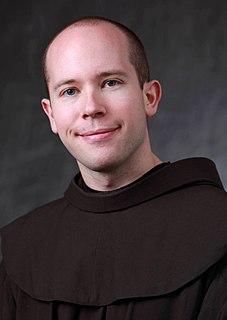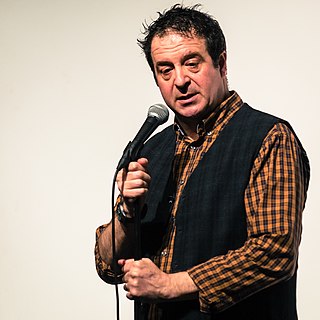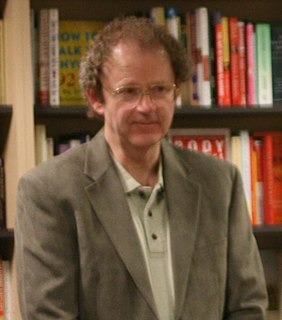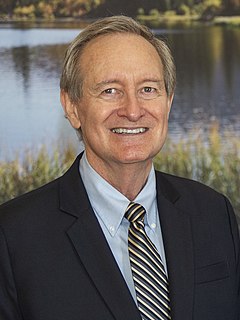A Quote by Daniel Horan
Police thrillers are so widely read and police dramas so commonplace on television that many people think they have a good understanding of what a cop's world is like. But in truth that world is seldom revealed with anything approaching verisimilitude. We get it with The Wagon.
Related Quotes
Many White people are not sensitive to the kind of abuse that African Americans, especially younger African Americans, receive at the hands of police officers and police departments. I think for most Whites their experience with the police has been good or neutral because they don't interact with the police as much as those in the Black community.
In Crash, you've got a pathological cop who at the end justifies police brutality. He tells the naïve, young cop that you're going to end up the same as him. He's the most sympathetic character in the movie. So, the naïve cop ends up murdering this Black kid and tries to cover up the evidence. It sort of justifies police brutality and the planting of evidence which is what happened in the O.J. Simpson case.
First and foremost, I want people to have a good read, because I want everything I write to entertain people. There are always different layers to the story, though, so if you want to think about social justice, or sexism or racism or homophobia, or really drill down into why the world is a better place when the police force looks like the people they are policing, then that's there, too.
































